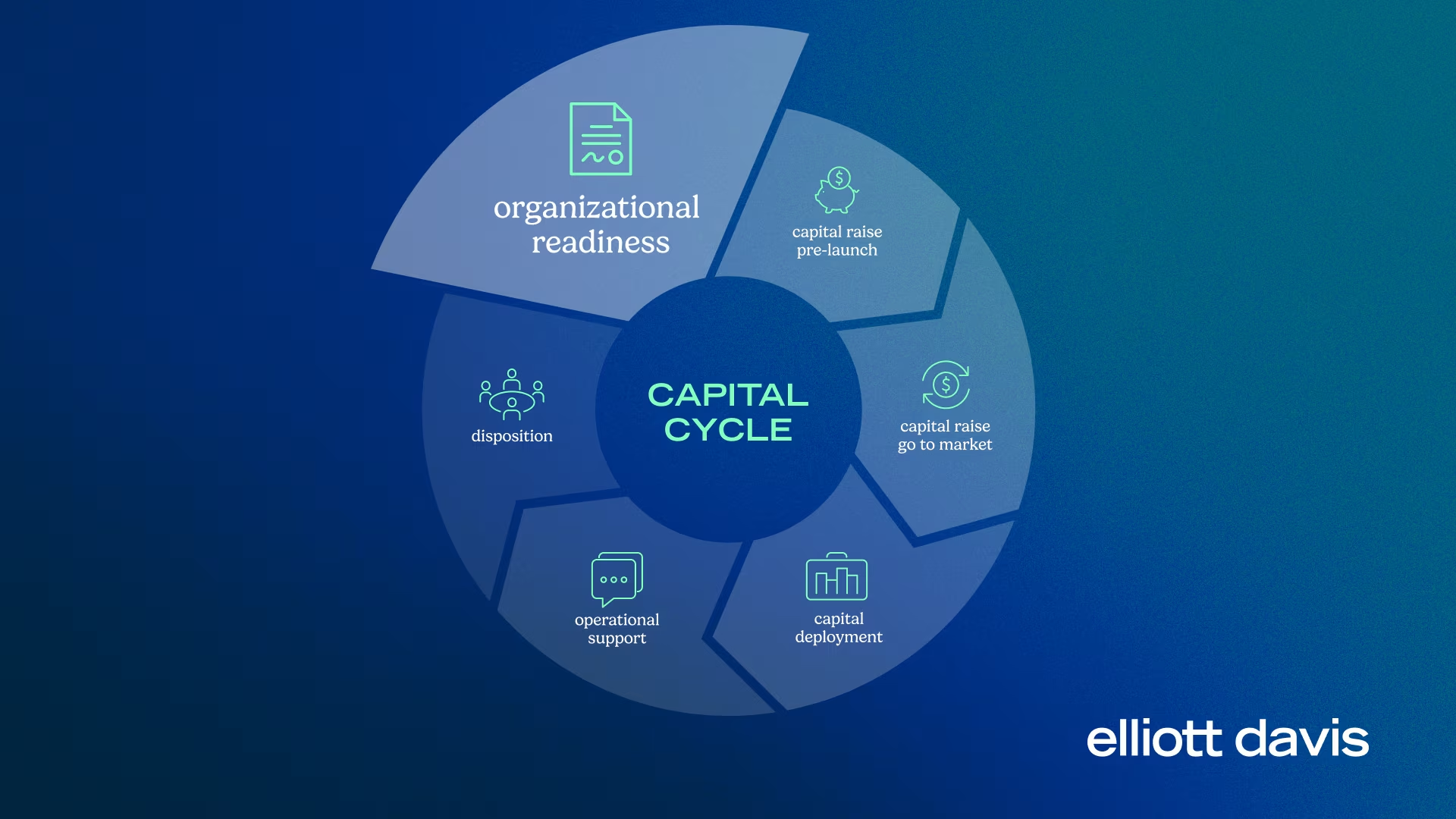search for solutions by category, industries, insights, and people.



As real estate firms prepare for capital raises, much of the focus tends to fall on attracting and retaining top talent, improving operations, and investing in growth-ready technology. Yet in the rush to modernize and attract investors, many firms overlook cybersecurity.
Today, digital threats are growing more sophisticated and targeted, making security a top concern for potential investors. Failing to protect your firms financial and investor data can erode confidence, delay transactions, and leave lasting reputational damage.
Real estate was among the most targeted industries for fraud in 2023, racking up $145 million in reported losses, according to FBI data. Wire fraud, phishing schemes, and identity theft continue to plague the sector, especially during sensitive deal-making periods.
A single data breach can derail an acquisition or capital raise, trigger regulatory scrutiny, and harm investor relationships. For firms moving through the real estate capital cycle, whether launching a fund, preparing for an exit, or onboarding institutional investors, demonstrating strong cyber controls signals operational maturity and helps build trust.
Investing early in protection is much less expensive than recovering from an attack. Alongside technical controls, real estate firms should also consider cybersecurity insurance as part of their risk management strategy. A well-structured policy shows investors your firm takes a comprehensive approach to securing sensitive data and operations, enhancing peace of mind and reinforcing confidence in the strength of a potential deal.
Cybercriminals are looking for the right combination of vulnerabilities and financial opportunity. Real estate firms often check both boxes. Here’s why:
Modern fraud tactics are no longer limited to simple phishing emails. Cybercriminals can now forge identity verification documents, impersonate executives, and intercept fund transfer approvals with alarming success.
For more information on how to protect your real estate assets from sophisticated bank fraud, read our related insight.
A reliable cybersecurity framework signals your readiness to investors, regulators, and partners. Here are foundational areas to focus on:
Secure financial transactions are the backbone of investor confidence and compliance. Protecting how data and money move is one of the first things investors evaluate.
Strong cybersecurity starts with the right expertise. A mix of internal and external specialists helps you reduce risk, detect threats early, and respond effectively.
Fundamental security practices protect sensitive investor data and prevent unauthorized access to your systems.
Continuous improvement and routine testing help you uncover and resolve vulnerabilities before they can be exploited.
When breaches stem from human error, social engineering tactics like phishing and impersonation can bypass even strong technical defenses.
Recovery is just as important as prevention. Having a clear plan enables business continuity after an attack or data loss.
Use this checklist to quickly assess your firm’s current cybersecurity readiness:
At Elliott Davis, we help real estate firms assess and strengthen their cybersecurity posture through strategic, risk-based services tailored to your stage in the capital cycle. Our team works closely with yours to:
Don’t wait for a breach to take cybersecurity seriously. Contact us to schedule a comprehensive cybersecurity assessment tailored to your firm’s growth strategy.
The information provided in this communication is of a general nature and should not be considered professional advice. You should not act upon the information provided without obtaining specific professional advice. The information above is subject to change.